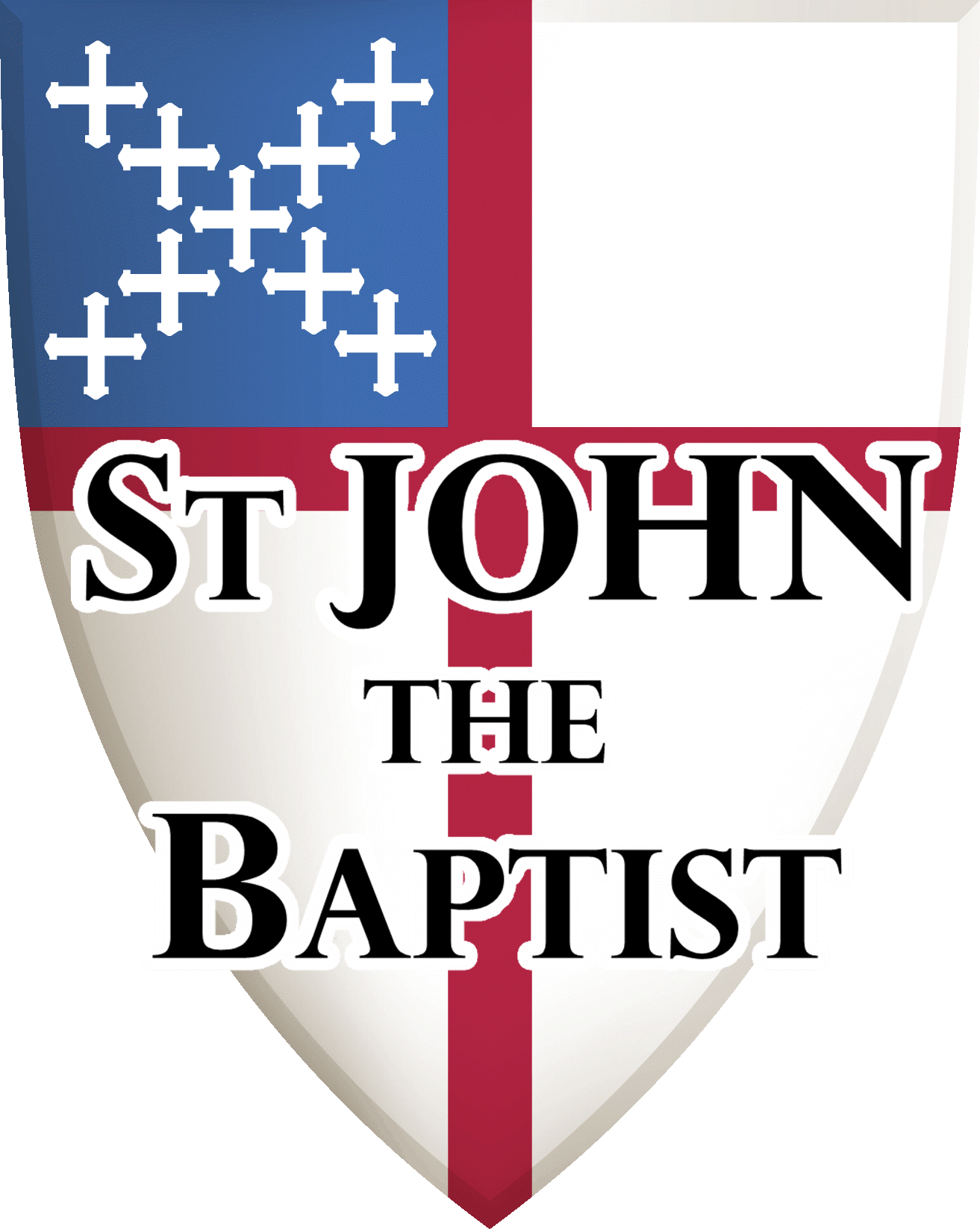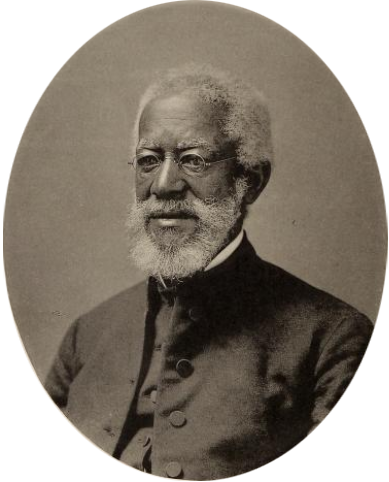Absalom Jones
Absalom Jones (November 6, 1746 – February 13, 1818) Absalom Jones was born on November 6, 1746, as a house slave in Delaware. He taught himself to read out of the New Testament, among other books. When sixteen, his white master sold his mother and siblings and took Absalom to Philadelphia where he worked in a store. In Philadelphia he attended a night school for blacks, operated by Quakers. At twenty, he married another slave, Mary Thomas, and purchased her freedom with his earnings. Jones bought his own freedom in 1784. At St. George’s Methodist Episcopal Church, he served as lay minister for its black membership. The active evangelism of Jones and that of his friend, Richard Allen, greatly increased black membership at St. George’s. The alarmed vestry decided to segregate blacks into an upstairs gallery, without notifying them. During a Sunday service when ushers attempted to remove them, the blacks indignantly walked out as a body. In 1787, black Christians organized the Free African Society, the first organized Afro-American society, and Absalom Jones and Richard Allen were elected overseers. Members of the Society paid monthly dues for the benefit of those in need. The Society established communication with similar black groups in other cities. In 1792, the Society began to build a church, which was dedicated on July 17th, 1794. The African Church applied for membership in the Episcopal Diocese of Pennsylvania on the following conditions: 1. that they be received as an organized body; 2. that they have control over their local affairs; 3. that Absalom Jones be licensed as layreader, and, if qualified, be ordained as minister. In October 1794 it was admitted as St. Thomas African Episcopal Church. Bishop White ordained Jones as deacon in 1795 and as priest on September 21, 1802. Jones was an earnest preacher. He denounced slavery, and warned the oppressors to “clean their hands of slaves.” To him, God 125 was the Father, who always acted on “behalf of the oppressed and distressed.” But it was his constant visiting and mild manner that made him beloved by his own flock and by the community. St. Thomas Church, Philadelphia, grew to over 500 members during its first year. Known as “the Black Bishop of the Episcopal Church,” Jones was an example of persistent faith in God and in the church as God’s instrument. Jones died on February 13th, 1818, in Philadelphia.
(Lesser Feasts & Fasts 2018)
Alexander Crummell
Alexander Crummell, born in 1819, struggled against American racism all his life. When he applied for candidacy for holy orders in New York he was rejected and he was denied admittance to the General Theological Seminary because of his race. Eventually he was ordained to the priesthood in the Diocese of Massachusetts but was refused a seat at the diocesan convention. He went to England and earned a degree from Cambridge University and then set out as a missionary to Liberia. He was an ardent and tireless evangelist and exerted enormous energy in the building up of the Episcopal Church there.
When he returned to the United States after the Civil War, he went to work organizing black Episcopal congregations to provide worship, education, and social services to their people. He became the rector of St. Luke"s Church in Washington, D.C., but his influence was felt throughout our land. Southern Episcopal bishops proposed the organization of a black missionary district; a separate, non-geographical jurisdiction. Crummell organized opposition to this idea and won the day. He was a founder of the Union of Black Episcopalians. His faith in God and his love for his people was inexhaustible and his loyalty to the Episcopal Church was unconditional.
Rt. Rev. James Theodore Holly
Born in 1829 in Washington, DC, James Theodore Holly was the descendent of freed slaves. Great-great grandfather James Theodore Holly was a Scotsman in Maryland. He was master of several Holly slaves whom he freed in 1772, including his son and namesake James Theodore Holly. This son married the daughter of an Irish Catholic whose last name was Butler, and they were the great grandparents of Bishop James Theodore Holly. Their son Rueben was Bishop Holly's grandfather.
Holly was baptized and raised a Roman Catholic yet gradually he moved away from the Roman Catholic Church. He spent his early years in Washington, D. C. and Brooklyn, NY where he connected with Frederick Douglass and other Black abolitionists. He was active in anti-slavery conventions in the free states, participating in abolitionist activities.
Bishop Holly left the Roman Catholic Church over a dispute about ordaining local black clergy and joined the Episcopal Church in 1852. He was a shoemaker, then a teacher and school principal before his own ordination at the age of 27. He served as rector at St Luke’s Church in New Haven, Connecticut and was one of the founders of the Protestant Episcopal Society for Promoting the Extension of the Church Among Colored People (a forerunner of UBE) in 1856. This group challenged the Church to take a position against slavery at General Convention.
In 1861 he left the United States with his family and a group of African Americans to settle in Haiti---the world’s first black republic. In July 1863 Holly organized the Holy Trinity Church. He lost his family and other settlers to disease and poor living conditions but was successful in establishing schools and building the Church. He trained young priests and started congregations and medical programs in the countryside.
In 1874 he was ordained bishop at Grace Church, New York City, not by the mainstream Episcopal Church, who refused to ordain a black missionary bishop, but by the American Church Missionary Society, an Evangelical Episcopal branch of the Church. He was named Bishop of the Anglican Orthodox Episcopal Church of Haiti. He attended the Lambeth Convention as a bishop of the Church. Bishop Holly was also given charge of the Episcopal Church in the Dominican Republic from 1897-1911. He died in Haiti in on March 13, 1911.




